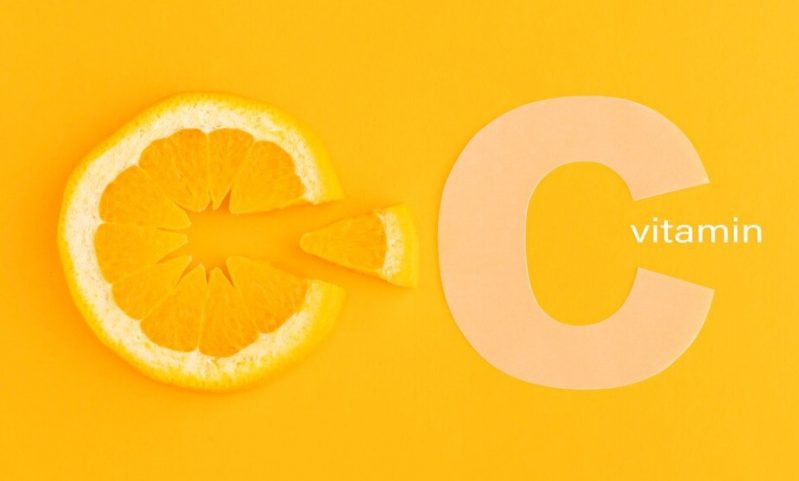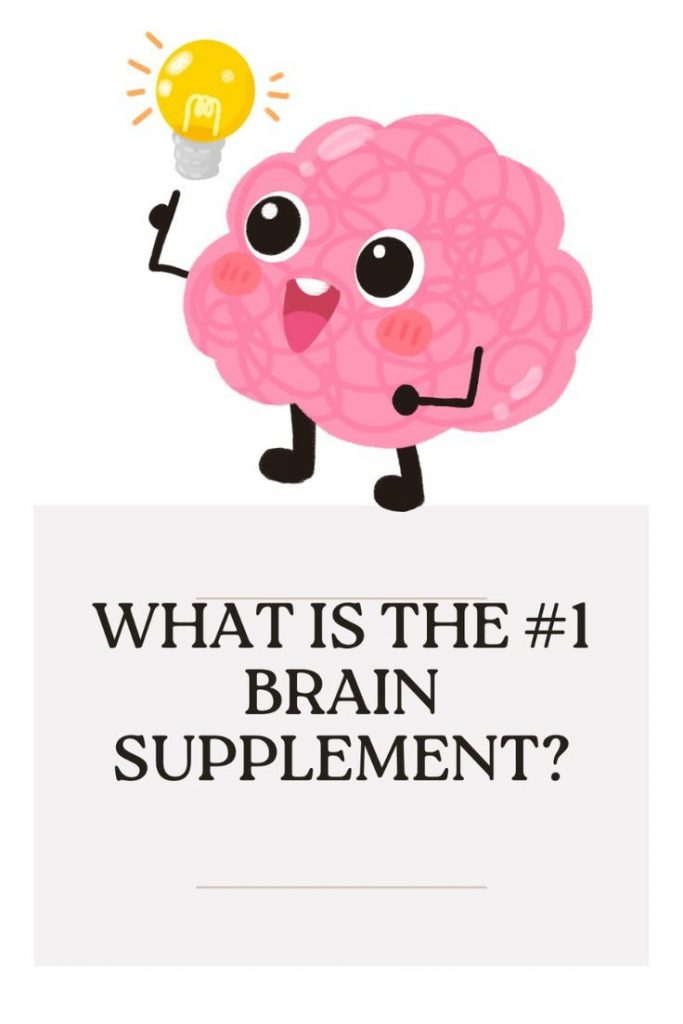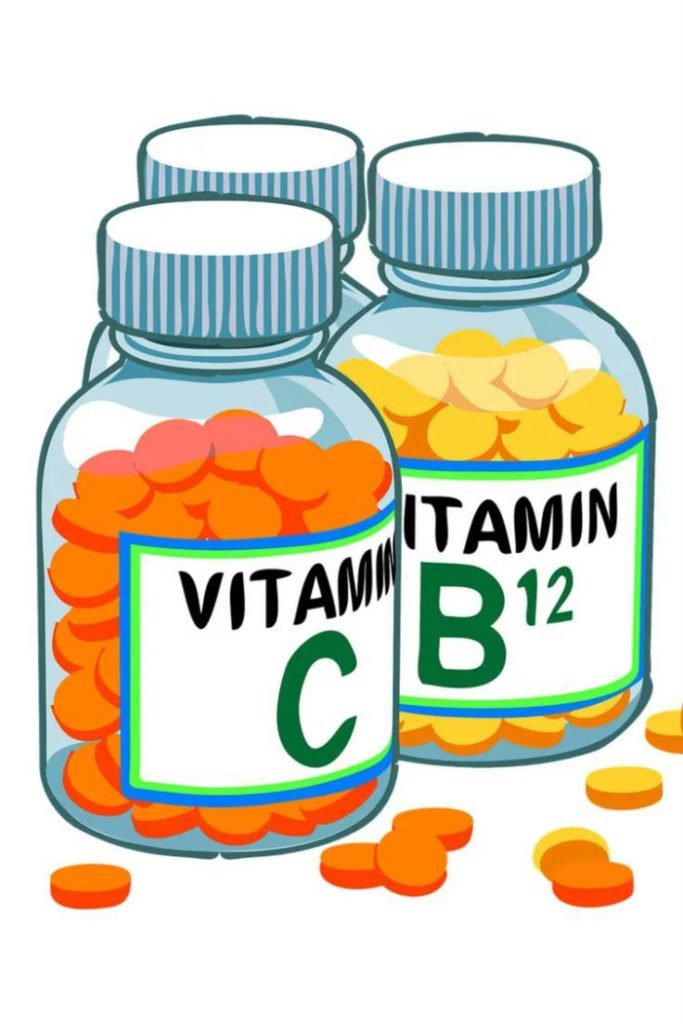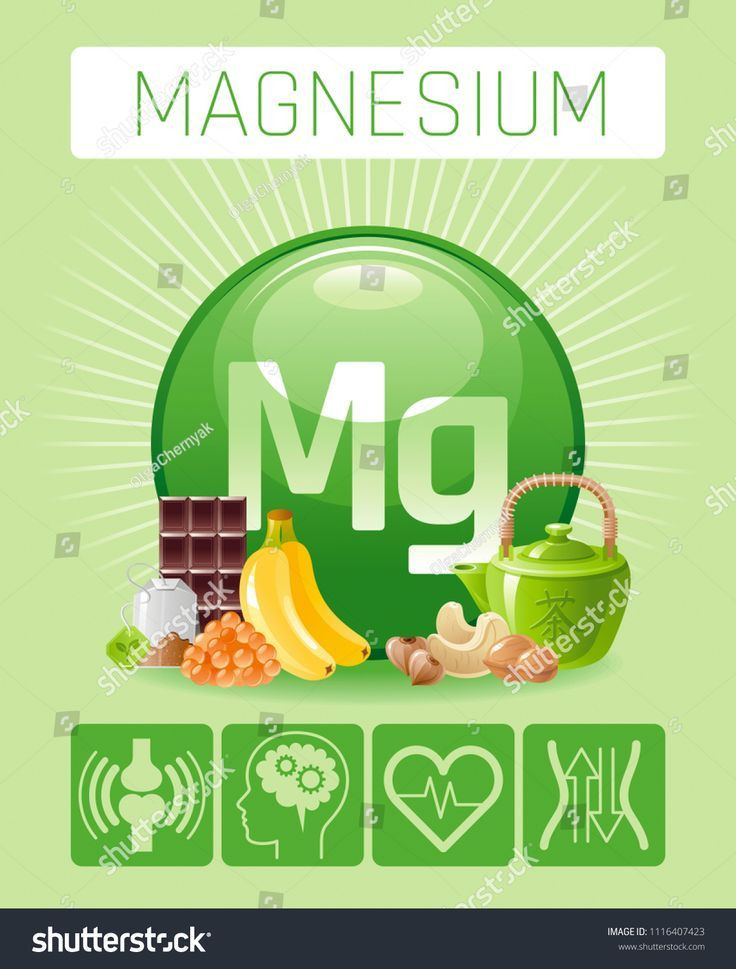Top 5 Brain-Boosting Supplements Recommended by Experts

© Freepik
When it comes to keeping our brains healthy, many people are looking for ways to enhance their mental sharpness, improve focus, and support long-term cognitive health.
Over the past 15 years, scientists have learned a lot about the brain and how certain supplements can help keep it functioning at its best.
Some supplements can offer benefits in areas such as memory, mood, and mental energy. Let’s explore the top supplements recommended by brain experts.

The Importance of Brain Health
As we age, our brains naturally experience changes that can affect memory, mood, and overall brain function. The good news is, research suggests that we can take steps to protect and even improve our brain health throughout life.
Brain health supplements are designed to provide the nutrients the brain needs to stay sharp, boost focus, and improve mental clarity. But with so many options out there, how do we know which ones are actually beneficial?
1. Omega-3 Fatty Acids
One of the most well-known supplements for brain health is omega-3 fatty acids, particularly DHA (docosahexaenoic acid) and EPA (eicosapentaenoic acid). These essential fats are found in fish oil and certain algae, and they play a vital role in maintaining the structure and function of brain cells.
Studies have shown that omega-3s can help improve memory, protect against cognitive decline, and even reduce symptoms of depression and anxiety.
Since our bodies can’t produce omega-3s on their own, we need to get them from our diet or supplements.
2. Vitamin D
Most people know that vitamin D is important for bone health, but it also plays a key role in brain function.
Research has shown that low levels of vitamin D can be linked to cognitive issues, mood disorders, and even conditions like Alzheimer’s disease. Vitamin D is important for maintaining healthy brain cells and supporting overall brain function.
Many people don’t get enough vitamin D from sunlight or their diets, especially in areas with long winters.
That’s why taking a vitamin D supplement can help fill in the gap and support brain health. Experts suggest getting your vitamin D levels tested to make sure you’re getting the right amount.

3. B Vitamins
B vitamins, including B6, B12, and folate, are essential for overall brain health. These vitamins help support the production of neurotransmitters, which are chemicals that send signals between brain cells.
A deficiency in B vitamins can lead to problems with memory, concentration, and mood.
Taking a B-complex supplement can help ensure you’re getting a good balance of these important nutrients to support cognitive function.
4. Magnesium
Magnesium is an often-overlooked mineral, but it plays an important role in brain function. It helps regulate neurotransmitters and supports the communication between brain cells.
Research suggests that magnesium can improve memory, reduce stress, and even protect against age-related cognitive decline.

Many people don’t get enough magnesium through their diet, which is why a supplement can be helpful. Magnesium is available in various forms, and some people find that certain types are better absorbed by the body than others.
If you struggle with sleep or stress, magnesium can also be helpful in promoting relaxation and improving sleep quality.
5. Curcumin (Turmeric Extract)
Curcumin, the active compound in turmeric, has gained attention for its potential brain-boosting benefits. Known for its powerful anti-inflammatory and antioxidant properties, curcumin has been shown to support brain health by reducing inflammation and protecting against oxidative stress, which can damage brain cells.
Some studies suggest that curcumin can help improve memory and may even have protective effects against neurodegenerative diseases like Alzheimer’s.
Since curcumin is not easily absorbed by the body, many people take it in the form of a supplement that includes black pepper extract (piperine) to improve absorption.
The Bottom Line: Supplements for Brain Health
When it comes to brain health, there’s no one-size-fits-all solution. Supplements can be a helpful addition to your routine, but it’s also important to prioritize a balanced diet, regular exercise, and enough sleep.
If you’re considering adding supplements to support your brain, it’s a good idea to talk to a healthcare provider or nutritionist to determine the right ones for you.
Read also: Brain Health Habits to Improve Mental Health


